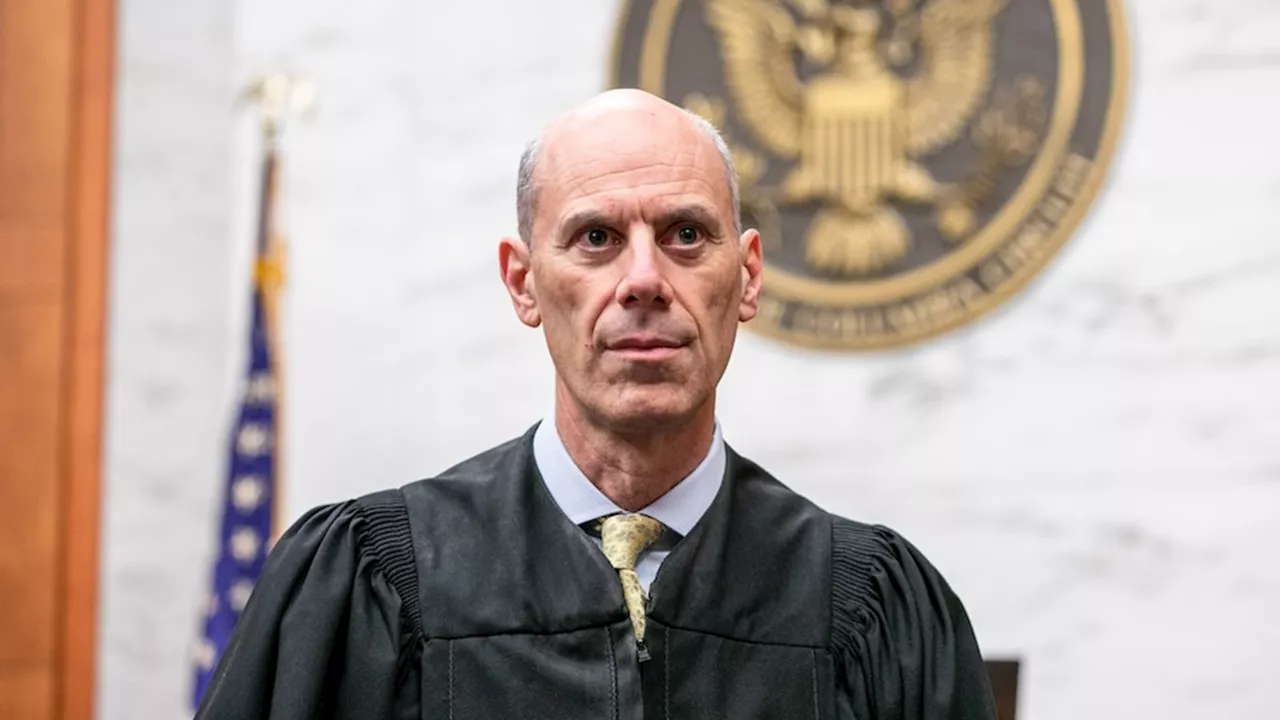A U.S. District Court hearing is scheduled to examine the Trump administration’s controversial deportation of Venezuelan migrants to El Salvador. This session, ordered by Judge James Boasberg, will investigate allegations that the administration acted in contempt of a previous court ruling. The case has unfolded over several months, marked by a series of legal challenges and appeals.
The core issue at stake is whether the Trump administration disregarded a court order regarding the application of the Alien Enemies Act, a law from 1798 that was invoked to deport 252 Venezuelan migrants to a maximum-security prison in El Salvador in March 2023. Judge Boasberg had swiftly issued an emergency order to suspend these deportations, requiring the administration to return any planes that had already taken off. Despite this directive, reports indicate that hundreds of migrants were sent to El Salvador, remaining there until July, when they were subsequently moved to Venezuela as part of a prisoner exchange.
During the upcoming court hearing, which will take place on Wednesday, lawyers representing both the Trump administration and the deported Venezuelan migrants will convene. They aim to address the unresolved question of whether the administration willfully violated the court’s previous instructions. The administration has defended its actions, asserting that the deported individuals were linked to the Venezuelan gang Tren de Aragua. However, legal representatives from the American Civil Liberties Union (ACLU) and other organizations contest this claim, highlighting reports that suggest only a small fraction of those deported had significant criminal records.
Legal Background and Ongoing Developments
The legal battle surrounding these deportations has grown increasingly complex, with multiple layers of appeals and challenges. In April, Judge Boasberg found “probable cause” to pursue criminal contempt proceedings against the Trump administration for its actions. However, this decision was put on hold after a three-judge panel issued an emergency stay.
In August, the U.S. Court of Appeals for the D.C. Circuit overturned Boasberg’s initial ruling, prompting further legal maneuvers. Last week, the appeals court declined to review Judge Boasberg’s decision, effectively granting him jurisdiction over the contempt proceedings again after a hiatus of more than 200 days. Judge Boasberg has signaled his intention to address the contempt issue promptly.
Legal representatives have criticized the administration for not providing a comprehensive list of the migrants sent to El Salvador, nor details regarding their immigration status before deportation. This lack of transparency has contributed to the ongoing legal and political controversy surrounding the case.
As the hearing approaches, it marks a significant milestone in the protracted immigration battle that has seen various legal interpretations and implications. The outcomes of these proceedings could have lasting effects on immigration policy and the treatment of vulnerable populations seeking refuge from crises in their home countries.






































































